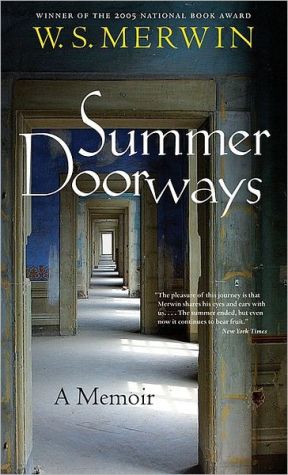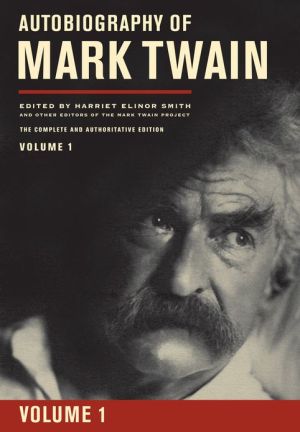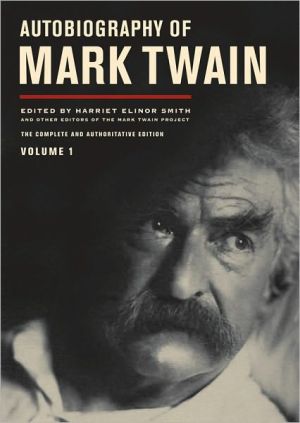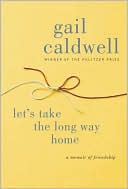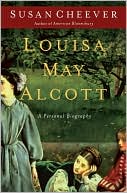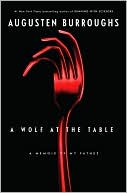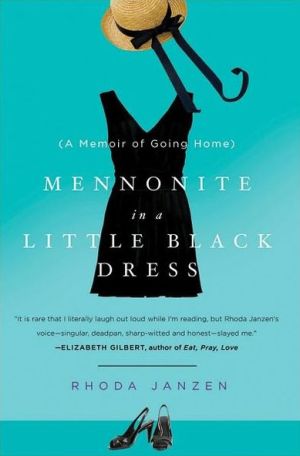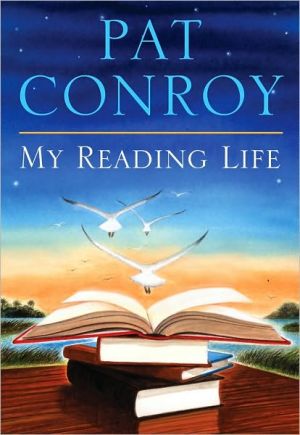Summer Doorways: A Memoir
In 1948, twenty-one, already married and graduated from Princeton, W. S. Merwin made his first trip abroad. “Travel from America to Europe became a commonplace, an ordinary commodity, some time ago, but when I first went such departure was still surrounded with an atmosphere of adventure and improvisation, and my youth and inexperience and my all but complete lack of money heightened that vertiginous sensation.” Thus begins his most recent memoir, Summer Doorways.\ Through his days as a...
Search in google:
In 1948, twenty-one, already married and graduated from Princeton, W. S. Merwin made his first trip abroad. “Travel from America to Europe became a commonplace, an ordinary commodity, some time ago, but when I first went such departure was still surrounded with an atmosphere of adventure and improvisation, and my youth and inexperience and my all but complete lack of money heightened that vertiginous sensation.” Thus begins his most recent memoir, Summer Doorways.Through his days as a student in seminary school and at Princeton, through the years next spent as a tutor for the children of privilege living abroad, Summer Doorways tells the story of the poet’s youth in the few years before he won the Yale Younger Poets Award in 1952. And it describes life in Europe that was already passing away at the close of the Second World War. He writes, “I would have the luck to discover, to glimpse, to touch for a moment some ancient, measureless way of living, of being in the world, some fabric long taken for granted, never finished yet complete, at once fixed and evanescent as a work of art, an entire age just before it was gone, like a summer.” The New York Times - Alan Riding The pleasure of this journey is that Merwin shares his eyes and ears with us - without telling us what to think. Yes, we just float along. But for the young poet, the experience evidently meant more. He learned new languages, discovered hidden corners and, one gets the feeling, grew up. Perhaps that's why Merwin remembers it so well. The summer ended, but even now it continues to bear fruit.
\ Alan RidingThe pleasure of this journey is that Merwin shares his eyes and ears with us - without telling us what to think. Yes, we just float along. But for the young poet, the experience evidently meant more. He learned new languages, discovered hidden corners and, one gets the feeling, grew up. Perhaps that's why Merwin remembers it so well. The summer ended, but even now it continues to bear fruit.\ — The New York Times\ \ \ \ \ Publishers WeeklyIn 34 brief, dreamy chapters, esteemed American poet and translator Merwin meanders back to the late 1940s and early 1950s summers of his youth and inexperience. At age 16, he was blessedly released from the watchful protection of his stern Presbyterian father in Scranton, Pa., to attend Princeton, when the university was bereft of young men serving in WWII. Through a Princeton acquaintance, Alain Pr vost (son of French writer Jean Pr vost), the impressionable young Merwin secured the position of tutor to Pr vost's friend Alan Stuyvesant's nephew, Peter, and spent an idyllic summer at the eminent family's bucolic home, Deer Park, in Hackettstown, N.J. Over two summers with Alan's aristocratic family, first at Deer Park, then in St. Jean Cap-Ferrat, France, near Nice, the fledgling writer glimpsed for the first time "some ancient, measureless way of living." Upon graduating, he returned to Europe with his wife and two 12-year-olds he would tutor for the summer in the south of France. Merwin (The Ends of the Earth) is best at succinct, decisive cameos: characters enter his enchanted sphere, then vanish, such as the visiting young Samuel Beckett, memorable for the exquisite fineness of his cucumber slicing. Purposefully incomplete, occasionally frustrating, Merwin's book traces lost worlds. (Sept.) Copyright 2005 Reed Business Information.\ \ \ Library JournalPulitzer Prize winner Merwin (The Carrier of Ladders), who grew up in Scranton, PA, under a fearsome minister father, was determined at an early age to find his freedom by moving away from home and becoming a poet. In this memoir, he recounts those rambling years of his youth. At Princeton, which he attended on a working scholarship, Merwin was mentored by two professors who introduced him to the worlds of literature and poetry. His friendship with a fellow student led to an introduction to his future guardian, and through this connection he was able to travel to Europe and live in a villa on the French Riviera for a summer. Here he was exposed to a type of existence altogether different from the one to which he'd been accustomed. In recollecting his adventures, Merwin adopts a lyrical style, vividly evoking memories of locales and situations. Readers will grow with him and feel, as he did, that a provincial can indeed become a poet. Highly recommended for all libraries.-Gina Kaiser, Univ. of the Sciences Lib., Philadelphia Copyright 2005 Reed Business Information.\ \ \ \ \ Kirkus ReviewsThe Pulitzer Prize-winning poet's stylish coming-of-age memoir. Born in 1927, the son of a Presbyterian pastor, Merwin (The Ends of the Earth, 2004, etc.) grew up poor in Pennsylvania. His father was harsh and distant, rarely speaking to him unless a disciplinary issue needed addressing. (The author's mother is shadowy, largely absent from this account.) Merwin worked his way through Princeton, where he discovered modern poetry: Garc'a Lorca, Stevens, Eliot and Pound. He wasn't the only budding poet in Tigertown; he waited tables with none other than Galway Kinnell. Merwin captures the seriousness of that period, recalling his shock when the atom bomb was dropped on Japan: "I felt a wave of cold, then of disbelief and denial, reactions which have affected the world ever since that evening." After college, Merwin married and found work as a private tutor. His lovely text offers more than autobiography; it's also a setpiece that evokes a more gracious era, in which those in the leisure class seemed to enjoy their leisure. In the summer, Merwin's tutoring gig took him to Europe. There, he flirted with older women, mixed with an Irish novelist who "liked his red wine at all hours of the day," witnessed an attempted suicide and listened to his intellectual interlocutors hold forth on everything from Franco to fine art. Merwin offers less insight when writing about himself. He seems, for example, oblivious to the Freudian reading invited by his constrained descriptions of women and marriage. (His first marriage was "thoughtless," his wife "agreeable, equable, and attractive.") Readers accustomed to memoirs that spill every gratuitous, salacious detail might grow frustrated with this mannerlyapproach. Masterful: a refreshing break from our tell-all world.\ \
